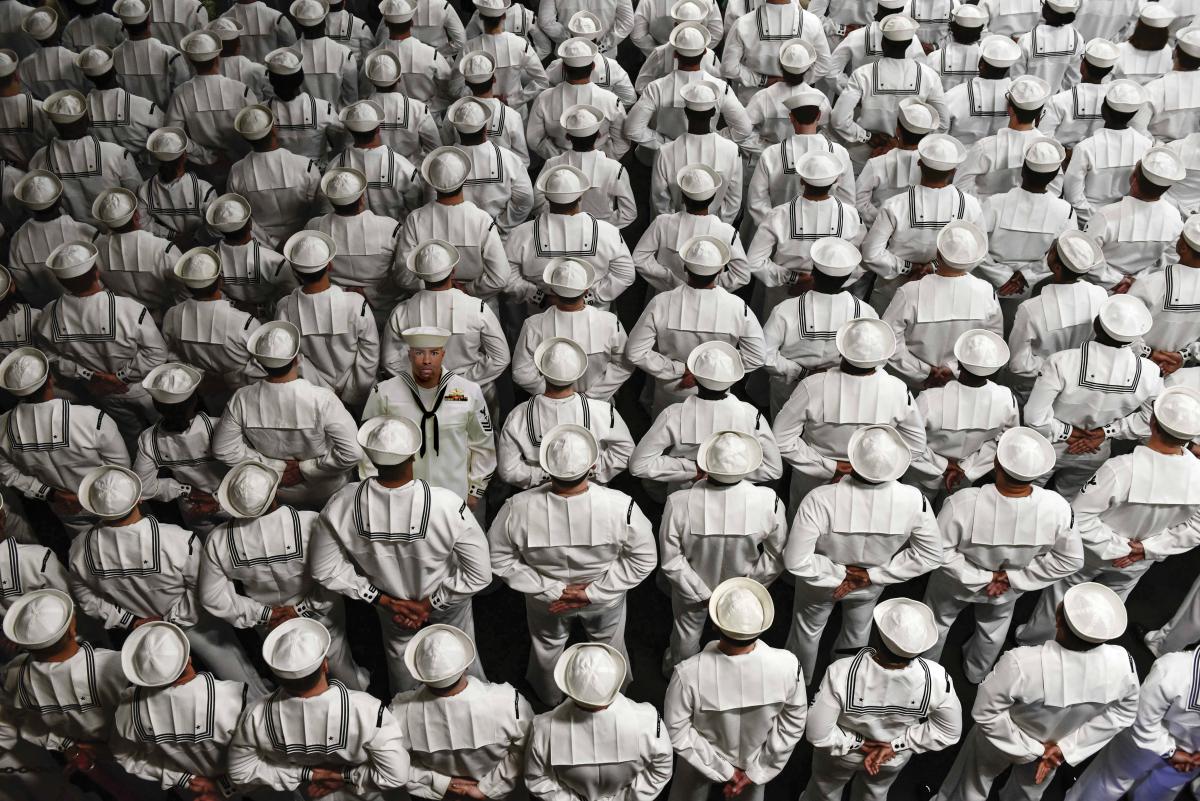Bad Ideas Have No Rank: The Moral Imperative of Dissent in the Navy

🌈 Abstract
The article discusses the importance of junior personnel voicing dissent in naval operations, even when it goes against the decisions of their superiors. It examines the moral imperative to speak up when one believes a course of action is wrong, as well as the challenges and risks involved in doing so.
🙋 Q&A
[01] The Importance of Dissent in Naval Operations
1. What are the key points made about the importance of junior personnel voicing dissent in naval operations?
- Junior personnel may have subject matter expertise or a different perspective that their superiors lack, which could prevent disasters
- Voicing dissent can be the difference between success and failure, or even life and death
- There is a moral imperative for junior personnel to speak up when they believe their superiors are making the wrong decisions
- Remaining silent in the face of decisions one believes to be wrong is an immoral act, as one accepts responsibility for the potential lethal consequences
2. How does the article characterize the Navy's hierarchical structure and its impact on junior personnel voicing dissent?
- The Navy's hierarchical structure often makes junior personnel reticent to challenge the decisions of their superiors
- However, junior personnel have a moral imperative to voice dissent, even though there is career peril in doing so
3. What examples does the article provide to illustrate the importance of dissent in naval operations?
- The 1923 disaster at Honda Point, where 23 sailors died because junior captains followed their superior's order instead of trusting their own judgment
- The USS John S. McCain and USS Fitzgerald collisions, where sailors' lack of expertise and failure to voice concerns contributed to the incidents
[02] Navigating the Ethical Midfield
1. How does the article describe the "ethical midfield" that military personnel must navigate?
- The "ethical midfield" refers to the space where ethical conduct must be balanced with legal authority and expert credibility
- Military personnel must navigate this midfield aggressively and faithfully, as passivity is not an option
2. What are the key principles and constraints that the article outlines for military personnel when voicing dissent?
- Abide by legal constraints such as the Uniform Code of Military Justice and Rules of Engagement
- Recognize the limitations of one's own expertise and avoid basing dissent on political views
- Use one's oath of service as the primary guide when deciding whether to voice dissent
3. How does the article suggest junior personnel can effectively voice dissent while maintaining credibility?
- Seek one-on-one conversations with the commander when possible
- Be prepared to offer honest and full advice when the commander solicits it
- Demonstrate competence and earn the commander's trust over time
- Understand that there is no comprehensive set of rules, and one may sometimes be wrong in their decision to dissent